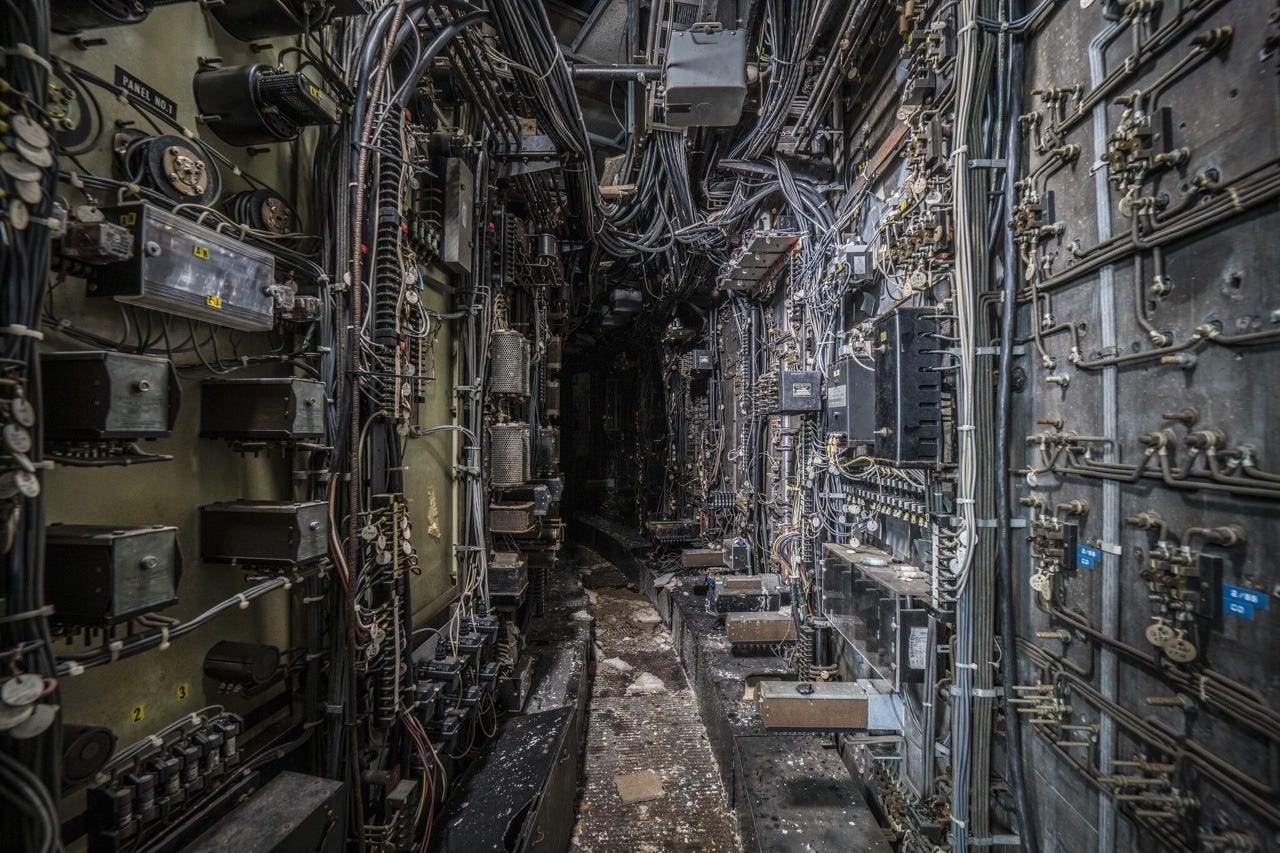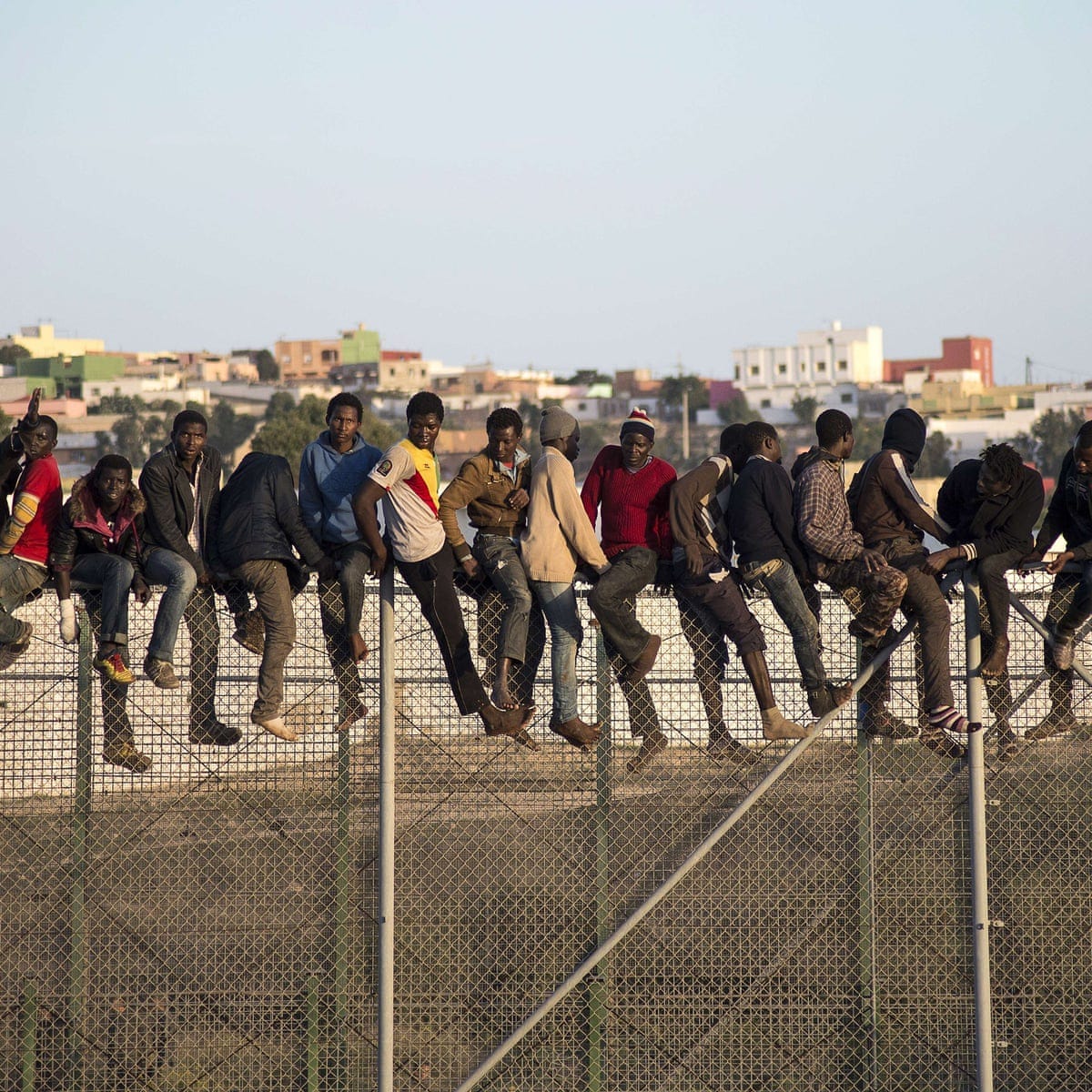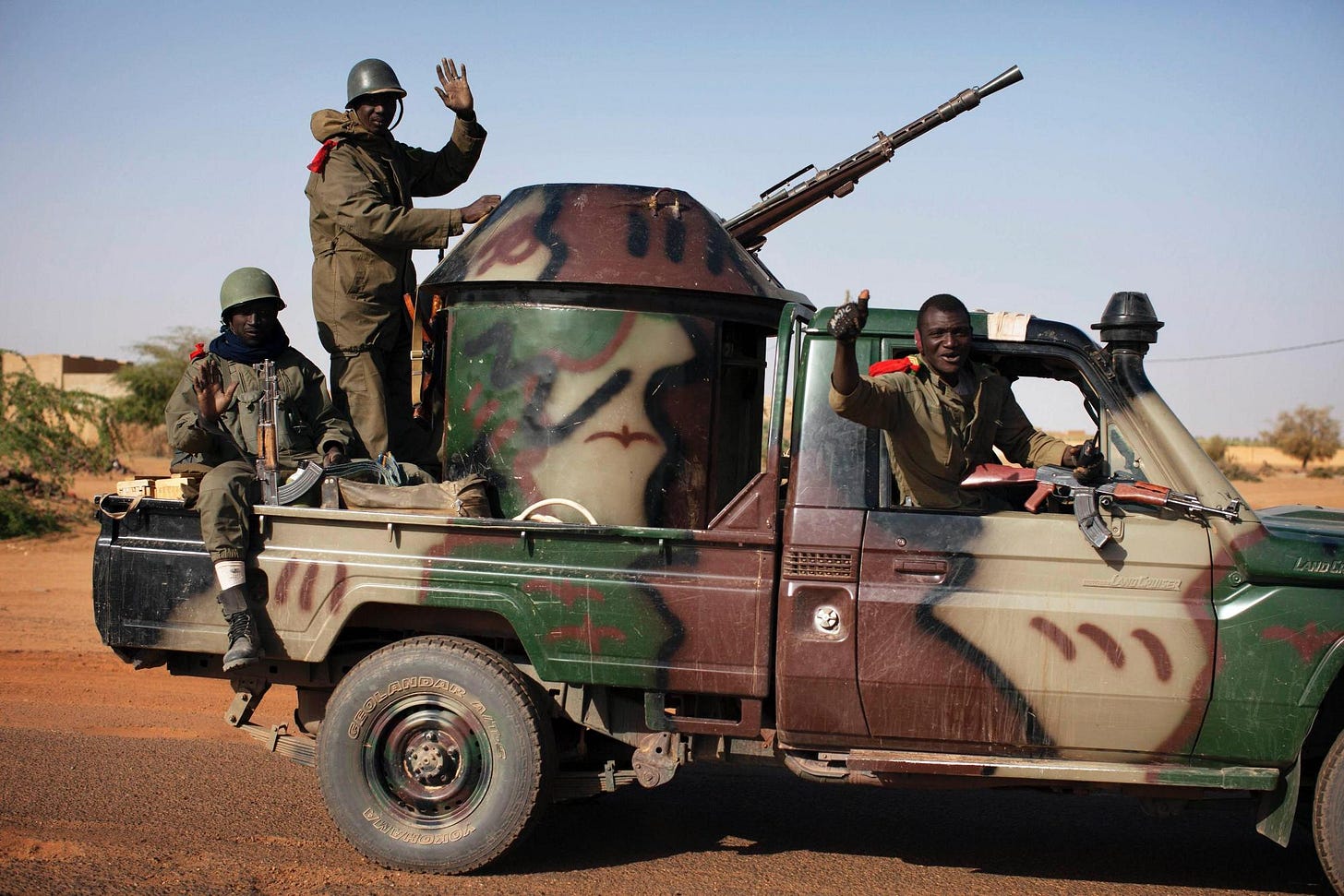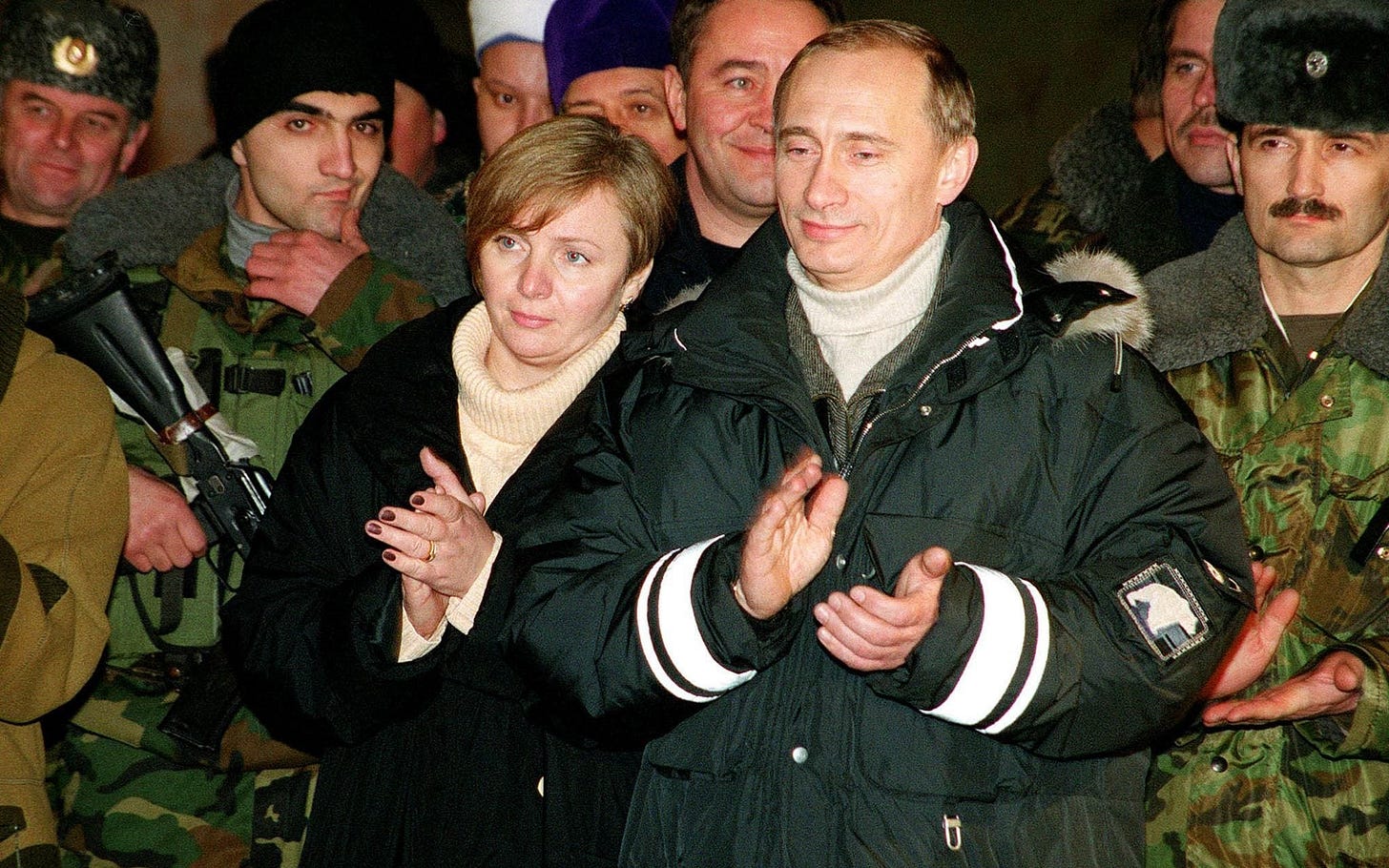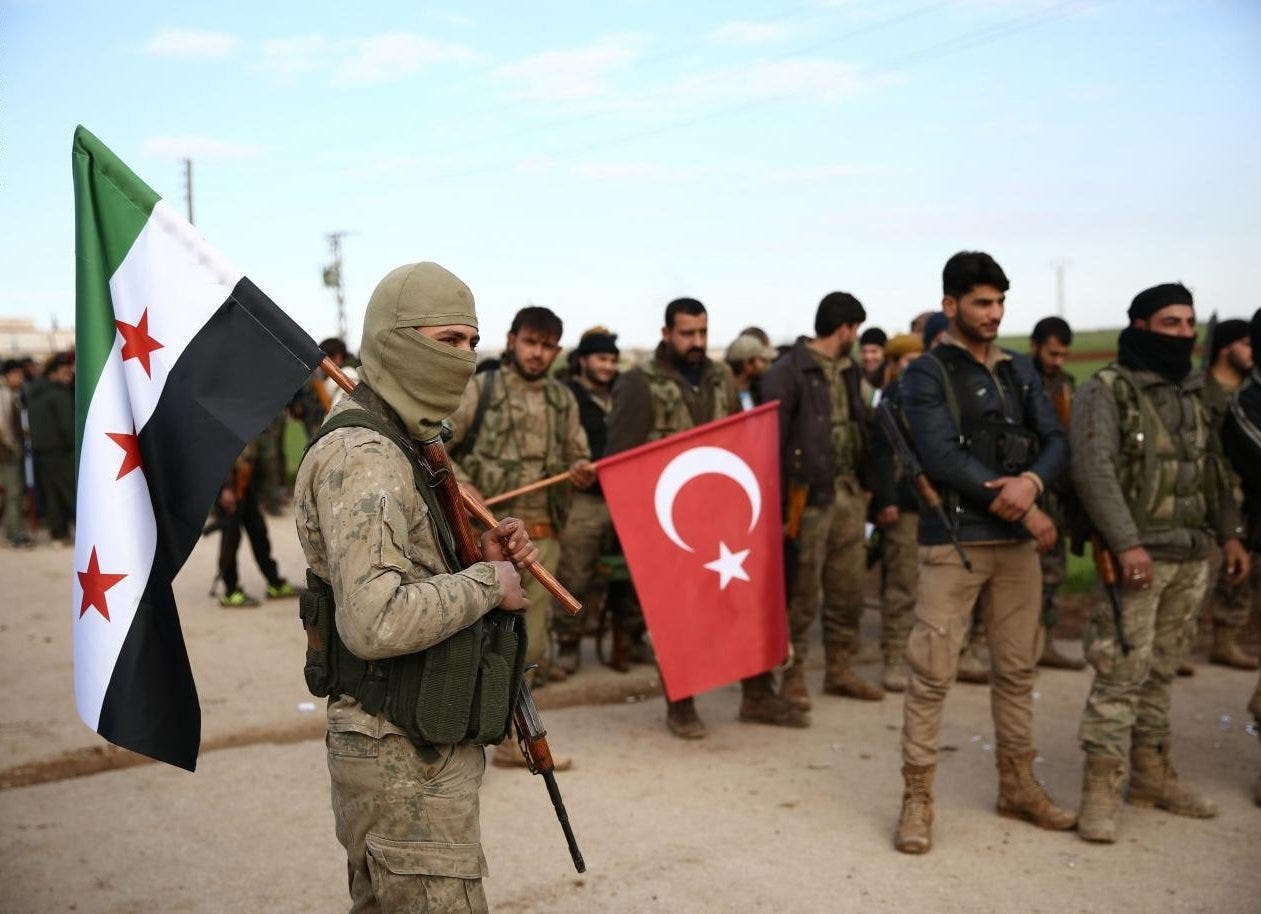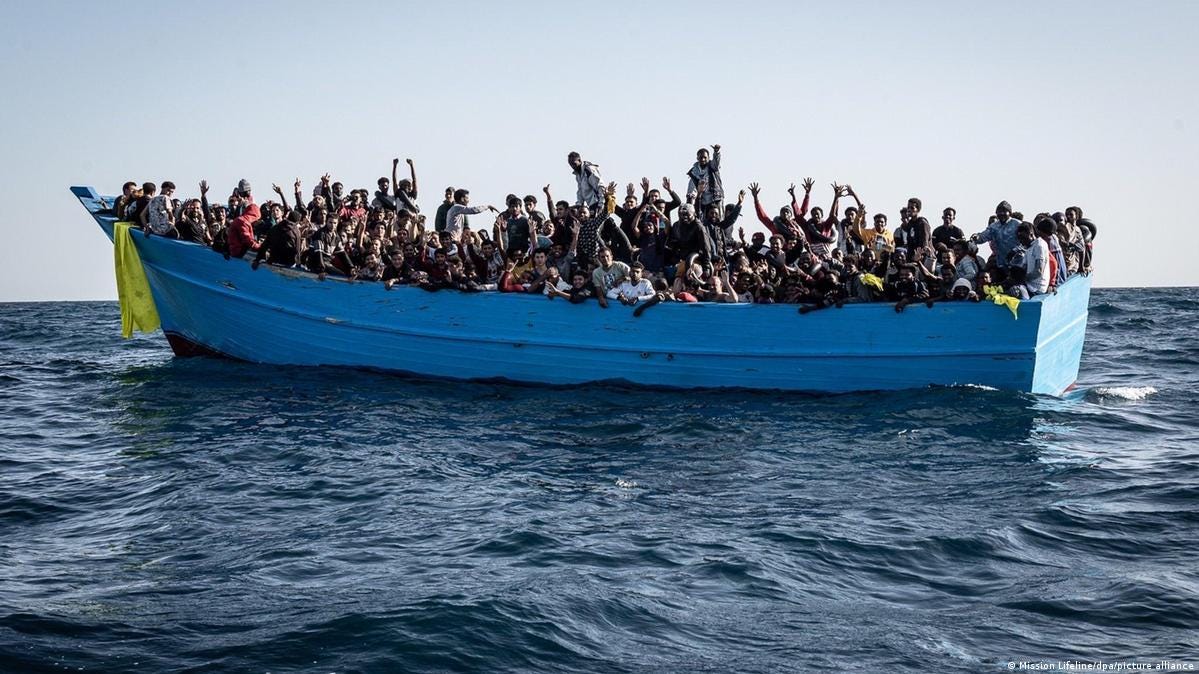Cybernetics of migration in the Covidian Age
Last year marked record numbers of illegal immigrant arrivals to the Canary Islands, Spain’s Atlantic exclave off the Moroccan coast. More than twenty thousand irregular entries occurred, completely overwhelming the system. The last time this happened in such a scale was in 2006, when similar numbers reached the Canarian shores, in an episode known as the Cayuco Crisis, cayucos being the kind of ill-equipped canoe used by immigrants.
In many senses, Spain was a more influential country then than it is now. Prime Minister José María Aznar had joined George W. Bush’s global neocon axis, becoming an enthusiastic ally in the latter’s Middle Eastern campaigns. Post-financial crisis disillusionment and perpetual emergency states were not a thing yet. Global pandemics were only a hypothetical risk, usually ranked beneath terrorism and drug trafficking in the annual security concepts published by Western governments. SARS-CoV1 had been overcome a couple years before: the world was optimistic.
Coronavirus has been one of the main reasons for the current surge on immigration, something not entirely unexpected. After all, many industries have been shattered by lock-downs, and men who once earned a living as fishermen, laborers or menial workers have gone out of work. In the regions of upstream in the migratory process -Senegal, Mauritania, Mali-, often lacking the security nets Western welfare States provide, this has an enormous economic impact. The dismal economic data from Europe doesn't sound as bad in comparison, triggering the migration wave.
Increased security in the EU’s external borders due to the enforcement of quarantines, however, has completely altered the flow dynamics of immigration. For starters, “hot expulsions” –returning irregulars at the moment they attempt to cross the border– have become nigh-impossible: countries of origin do not take them in anymore. The bureaucratic nightmare of processing the newcomers who could theoretically stay has become much worse, too, due to the administration slowing down. Complying with the dilated time schedules imposed by epidemiological knowledge has clogged the already overflowing Immigrant Detention Centers.
The result: thousands of Moroccan and Sub-Saharan young men now crowd the docks of Canarian small-town harbors, with nothing to do until they figure out a way to enter the Iberian Peninsula and from there scatter around Europe. This is especially relevant, as many of the recently-arrived wish to go on in their journey to countries wealthier than Spain, with more permissive policies and, perhaps, some family members already waiting for them. For many, keeping the borders with France or Germany open is just as important as leaving Africa.
As if the migration-related spike in crime wasn't enough, in a time were gatherings of more than six people are tightly restricted for health reasons, the uncontrolled mass gatherings of young men does not sit well with the locals. Covid has been added to the list of alleged health risks posed by the arrivals: HIV, tuberculosis, and a variety of exotic infections. Police and other public servants, who have to deal physically with immigrants, often lack means to do so safely, and feel abandoned by the government, which does not provide enough protection equipment and resources.
Nothing new under the sun: unwelcome foreigners and invaders have always been accused of bringing various infectious curses; that’s why syphilis was known as the “French disease” (everywhere but in France). It is interesting to notice, however, that most of the dangerous diseases carried by irregulars living in Spain have been acquired during immigration, or even more likely, after it. The dire conditions in which illegal aliens live –squatted, overcrowded apartments, lack of access to health services– and the marginal activities they often engage in, such as junk scavenging, prostitution and drug use, make them risk populations for HIV, tuberculosis, hepatitis, and the like.
As a curious anecdote, it should be stated that Spain’s HIV prevalence is three times as high as Morocco’s or Algeria’s, and roughly equal to that in Senegal or Mauritania. It’s hard to imagine Islamic values and more restrictive sexual mores do not play a role in this fact. Non-STDs, on the other hand, offer a different picture. The comeback of tuberculosis in Spanish cities is mostly attributable to foreigners, for example, and diseases such as African trypanosomiasis and malaria obviously do not come from France.
In any case, establishment voices trying to dissipate fears about illegal immigration usually highlight the fact that, in Spain, the most likely profile of irregular is that of a 40ish year old Colombian woman working as a household aid. This media interpretation of the facts serves to portray those who criticize immigration policy as bigoted paranoids: middle-aged Latinas and their children are unlikely bringers of diseases or, God forbid, Jihad. And after all, it is true that citizens from African countries comprise less than 10% of irregulars. Compared to South Americans, they are a tiny minority.
African immigration presents nonetheless such distinct challenges that its management deserves special policies. This is due to two connected security issues: the already mentioned risk of infiltration by jihadists, and geopolitical competition in North Africa, which not only involves Spain and Morocco, but also Algeria, France, and of course the American Empire and its runner-ups: Russia and China. Covid and the other diseases, nonetheless, have their own particular role in this game, as atavic bywords of the perils of foreign invasion.
Jihadism is a disruptive force in the Sahel, the strip of semi-arid steppe South of the Sahara that stretches from the Atlantic Ocean to the Red Sea. There, Holy War is intertwined with local turf disputes and ethnic conflict. Illegal trafficking of goods and people is significant, mostly directed towards the North, and even across the Mediterranean. The Arab Spring didn’t help in stabilizing the region. Libya, formerly a story of relative success, is in shreds and has become the biggest slave market in the continent. Meanwhile, Al-Qaeda franchises have been successful in exploiting State weaknesses all over: Mali, for example, has only about 10,000 poorly-armed men to defend an area roughly twice the size of Texas.
The presence of rich resources has made all major players in global politics interested in the Sahel. Oil, gas, gold and even uranium can be extracted from the ground with relative ease. The US officially considers the region as outside its main strategic focus, which is more and more directed towards the Pacific and the South China Sea. The military base it holds in Niger, however, is not going anywhere. It is not minor either, being described by some officials as the largest Air Force construction project in history.
The American stance actually makes a lot of sense in the context of global competition with China: the Middle Kingdom is a strategic trade partner to every country in the neighborhood. It’s also been investing heavily in infrastructure through its famous One Belt One Road initiative. Being far less recalcitrant than its Western counterparts with regards to imposing its own cultural values, China is often preferred as a partner. This involvement requires larger security commitments Beijing is now willing to make.
Russia has also found its way to intervene. Its motives are similar to those of China or the US: accessing the region’s natural resources, selling arms, enlisting UN allies to support its foreign policy, and keeping a finger on the pulse of global Jihad. After all, millions of Russian Federation citizens are Muslims, and Putin is the only major world leader to have fought (and won) a war on his own territory against Islamic Separatism.
Interestingly, Islamic Separatism is the term en vogue to describe homegrown radical Islamism in another country, one with fascinating historical ties to Russia: France. Paris is heavily involved in the region since a war broke out in Mali in 2013, sparking Operations Serval, Éparvier, Barkhane and now Takuba. French activities have been supported by the European Union Training Mission deployed there. Perhaps Macron, with his vision of strategic autonomy, hoped that such collaboration would generate enough inertia to catalyze further integration of EU militaries. This has not been the case so far.
To this day, the idea of a “European Army” seems still quite far-fetched. The interests of the different nations involved are way too different, and their capabilities are too. The French are known as “the Americans of Europe”, being now the only nuclear power in the neighborhood and one of the few to engage in real combat operations, such as the aforementioned. Their adventures South of the Sahara, however, are of meager interest to voters in countries such as Poland, Slovakia and Hungary, more concerned about what’s happening in the Ukraine. Their eyes are in a Biden administration promising higher-voltage tensions in NATO’s (and the EU’s) Eastern flank.
As can be seen, the Empire’s gaze still has time for the Southern Flank, Central European voters be damned. In fact, both fronts are more closely related than it seems. Turkey, the main Black Sea counter to Russia, favors the opposite side in the Libyan theater while defying the US in other fronts. As gatekeeper of the Middle-East, it holds the key to security in the Balkans and even Central Europe, and its relevance to Intermarium politics cannot be overstated.
Meanwhile, American LNG exports have transformed the USA into a direct competitor of Algeria, which supplies hydrocarbons to Spain, Portugal, Italy and Turkey among others. The Algerian oil and gas industry has been heavily hit by the pandemic, spelling political trouble for one of the most socially-burdened countries in the Arab world.
America has also demonstrated its willingness to apply pressure on the former French colony in other ways. Its recognition of Morocco’s sovereignty over the Western Sahara has been interpreted as a direct attack by Algiers, which saw in it evidence of Zionist collusion – understandably, since the deal included Morocco’s normalization of relations with Israel. Coincidence? Algeria and Morocco were at war in 1963 and are in the middle of an impressive arms race. Spain has its reasons to be worried by all of this, especially after rumors surfaced that Rota Naval Base in Cádiz was being considered for relocation to Morocco.
What does all of this have to do with illegal immigration to the Canaries and Covid? Well, for starters, the Canarian route, from Morocco to Tenerife, is a (cheaper) alternative to three others: one across the Strait of Gibraltar, a land-based other through Ceuta and Melilla, and a third one across the Mediterranean from Algeria to the Balearic Islands. The surge in arrivals to the Canaries is partly explained by tighter control at these three traditional routes. Broke immigrants and adventurers chose the path of least resistance. The harder a path becomes, the more the migratory flux is diverted to its alternatives.
From this perspective, a different model of immigration starts to emerge. One in the shape of a complex network, a dynamic collection of nodes (harbors) and links (routes) that can be played with. In other words, a cybernetic system which can be regulated and controlled just like any other. In this reality lies an opportunity: by lifting pressure on one route or the other, border authorities can manage the flows of immigrants who have to choose between setting sail from Algeria, from Morocco, or from anywhere else.
Whether anybody is taking advantage of this or not is difficult to say. One thing is certain: throwing money wildly at the problem seems to do nothing to solve it. Machiavellian as it sounds, now that we don't even blink at lone wolf terrorism, threats of disease can and will be used to amplify the political and media impact of migration waves. As an excuse, they provide the added bonus of facilitating the opening and closing of borders with little backlash. Thus, countries can be quickly flooded with newcomers from upstream in the migration routes, then drained at will by allowing entry through specific ports. Tensions are built and relieved in a localized and precise manner.
κυβερνητική (kybernētikḗ) means "governance" in Greek. While the world's hoi polloi accumulate at the gates of sinking empires, the great powers (the US, China, Russia) scramble for influence over the vast territories left behind. Meanwhile, second-tier petty kings in Europe and Africa navigate the stormy waters to gain an edge or advance their agendas. Perhaps governments should go back to the roots of the art of governance, and pay more attention to nodes, links, hubs and switches . After all, as the Dutch proverb says: “It is in the roots, not the branches, where a tree’s greatest strength lies.”

